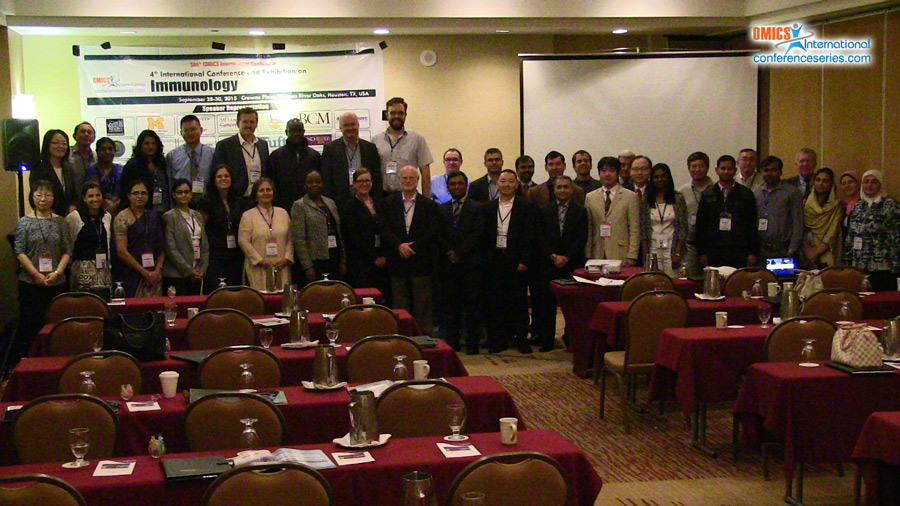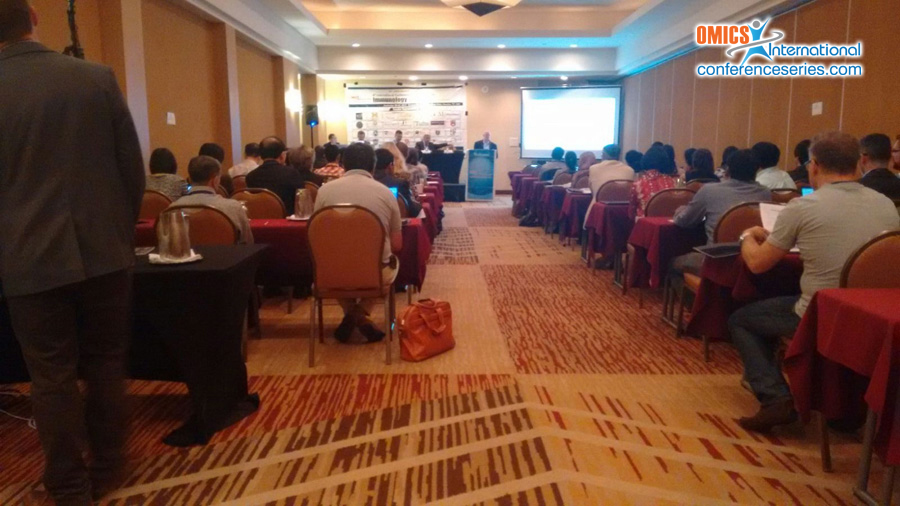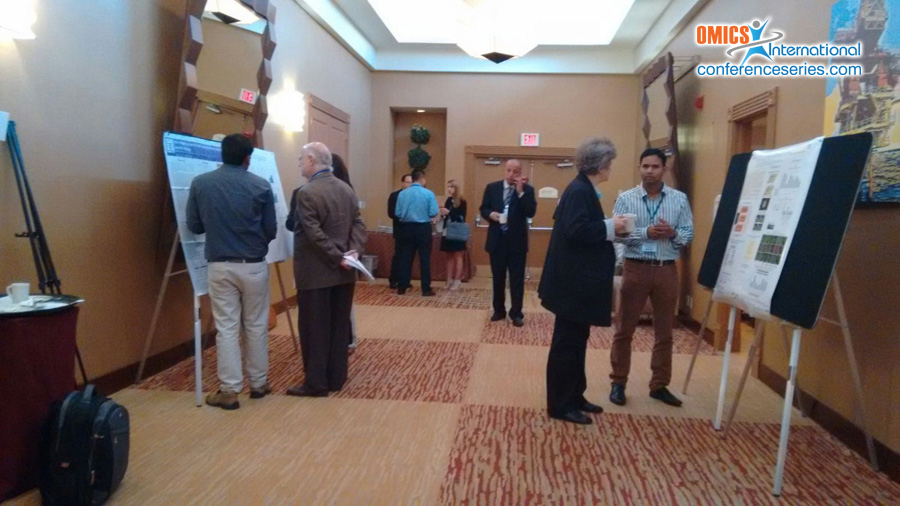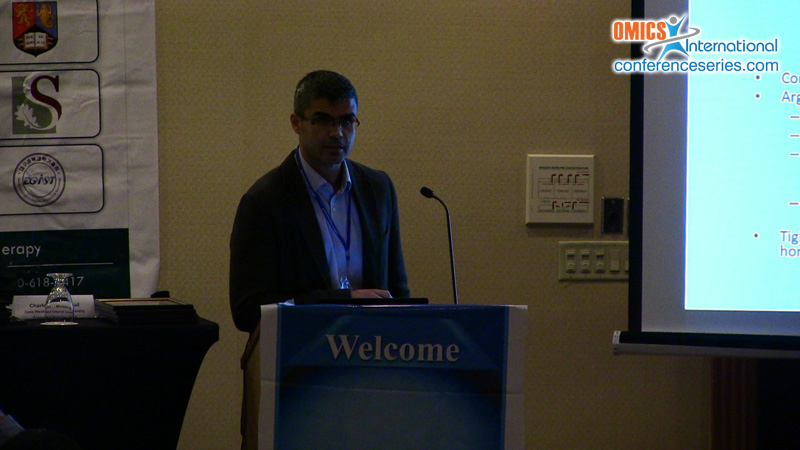
Francis Mussai
University of Birmingham, UK
Title: Tumour arginine addiction subverts the anti-cancer immune response
Biography
Biography: Francis Mussai
Abstract
Arginine is a semi-essential amino acid whose physiological levels are maintained principally from dietary intake and through intestinal-renal recycling of citrulline. At the cellular level, arginine metabolism is essential for cell division, protein synthesis and as a precursor for nitric oxide and polyamines. The role of arginine processing in the tumour microenvironment to impair anti-tumour immunity has become increasingly apparent. T cells, which provide the corner stone of the anti-cancer immune response, are notably arginine dependent. Tumour associated macrophages (TAMs) and the induction of Myeloid-derived suppressor cells (MDSCs) can decrease local and systemic arginine concentrations, through increased arginase 1 expression, suppressing T cell proliferation. TAM and MDSC derived reactive nitric oxide species production via expression of iNOS, may further inactivate T cell responses. More recently the malignant cells of some haematological and solid tumours have been recognised to be arginine addicted, due to the loss of critical arginine recycling enzymes – a state known as arginine auxotrophism. The resulting dependence on extracellular arginine from the blood and tumour microenvironment further suppresses both antigen-specific and non-specific T cell responses. The importance of these findings and their translational consequences will be presented in this meeting.
Speaker Presentations
Speaker PDFs
Speaker PPTs Click Here




